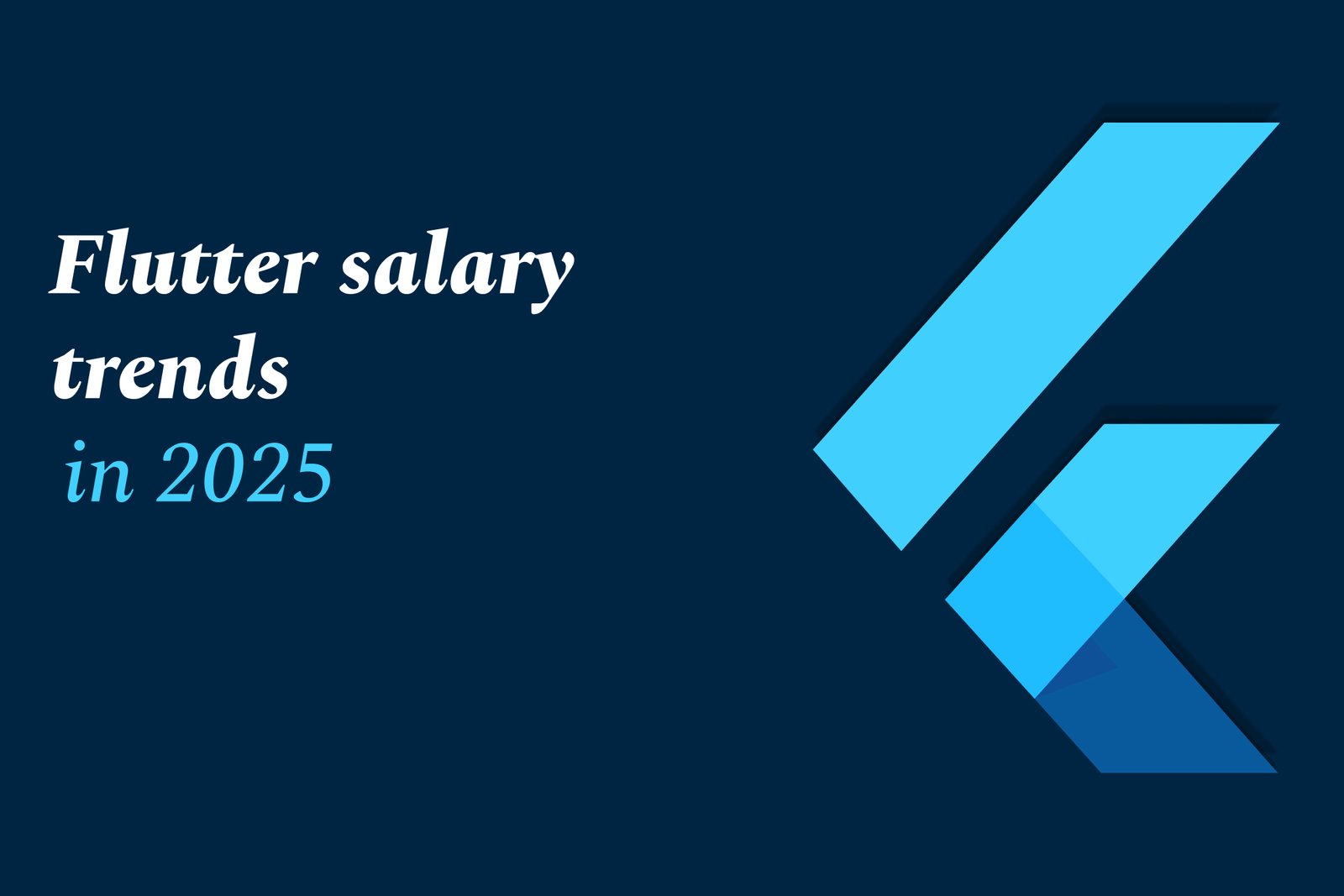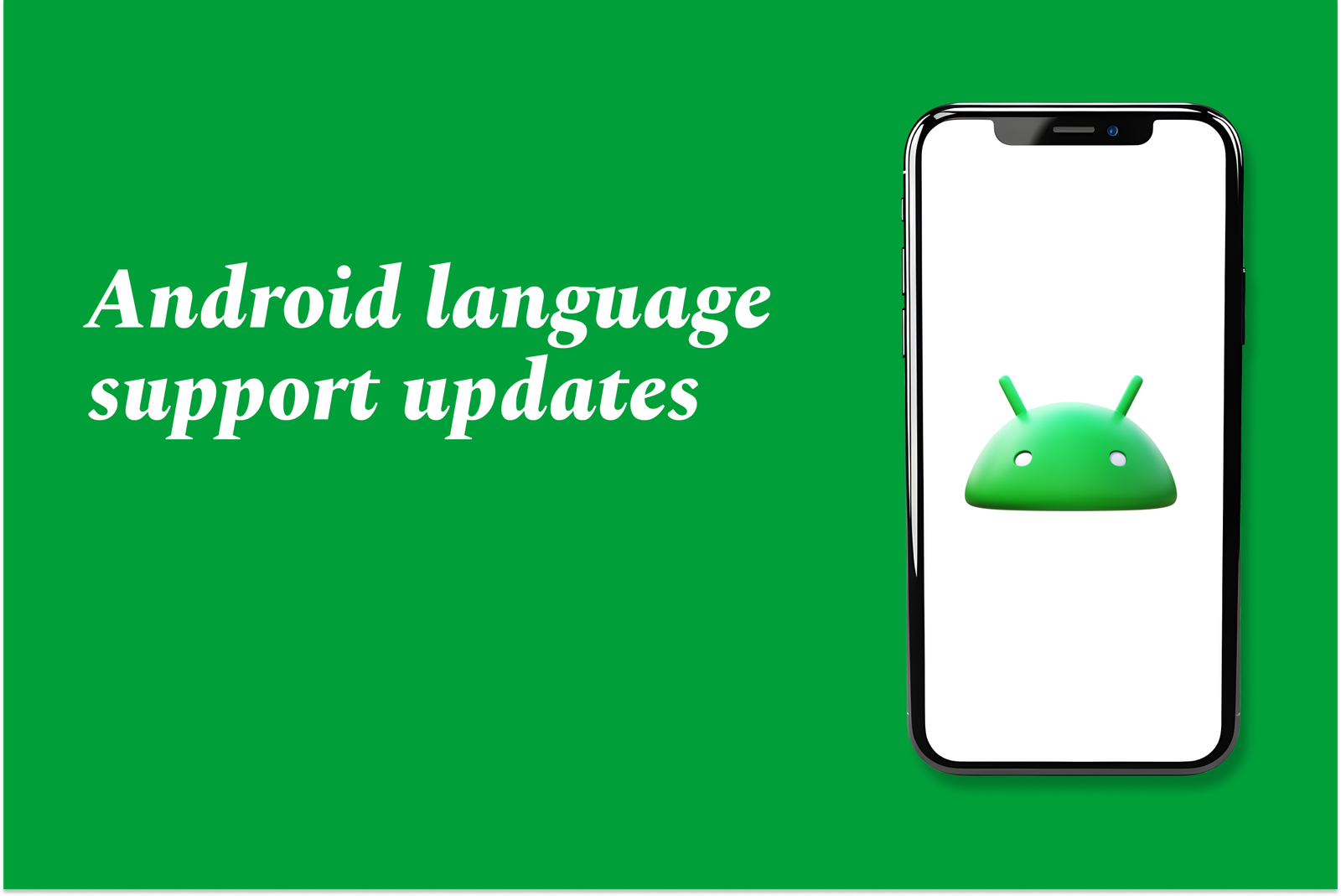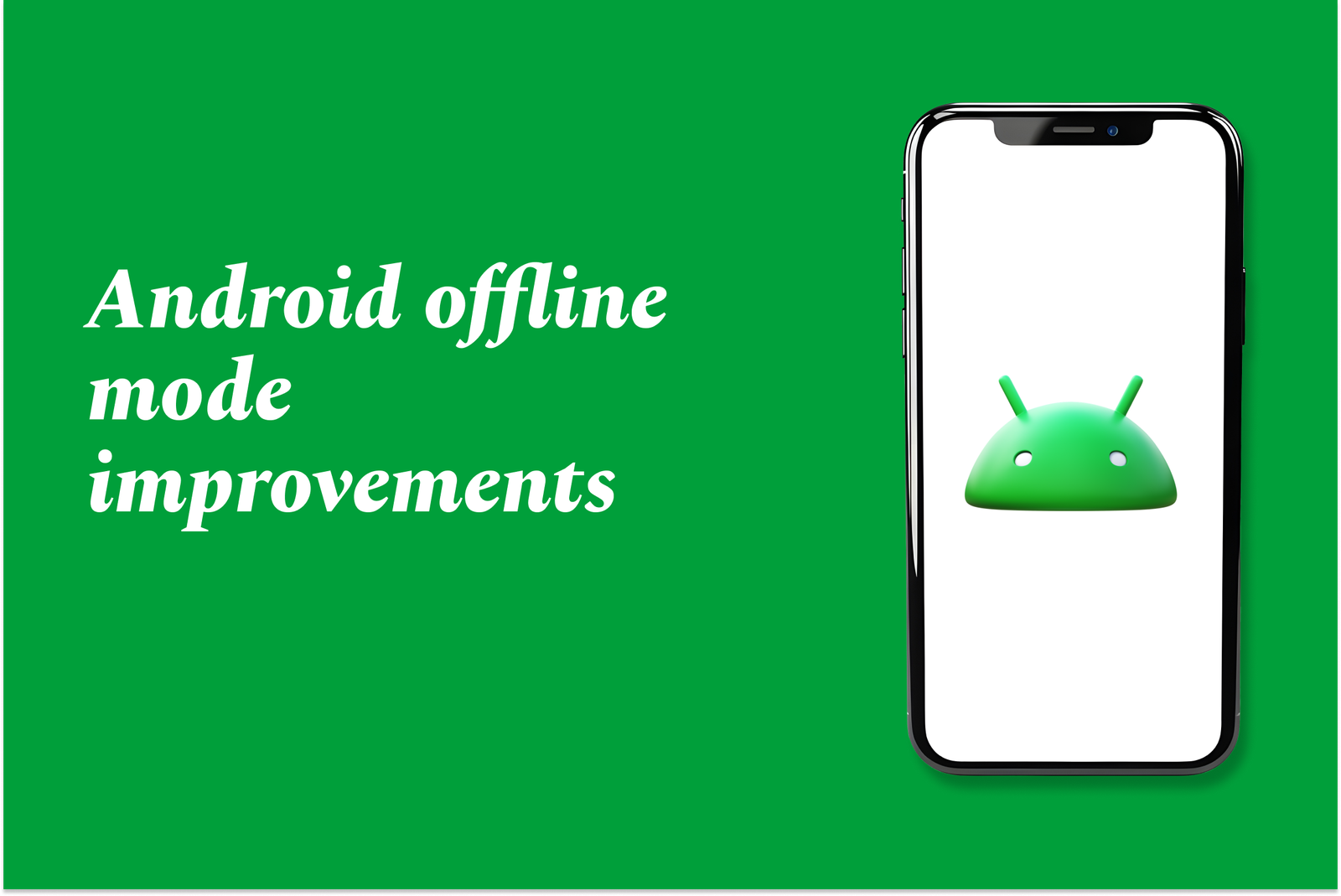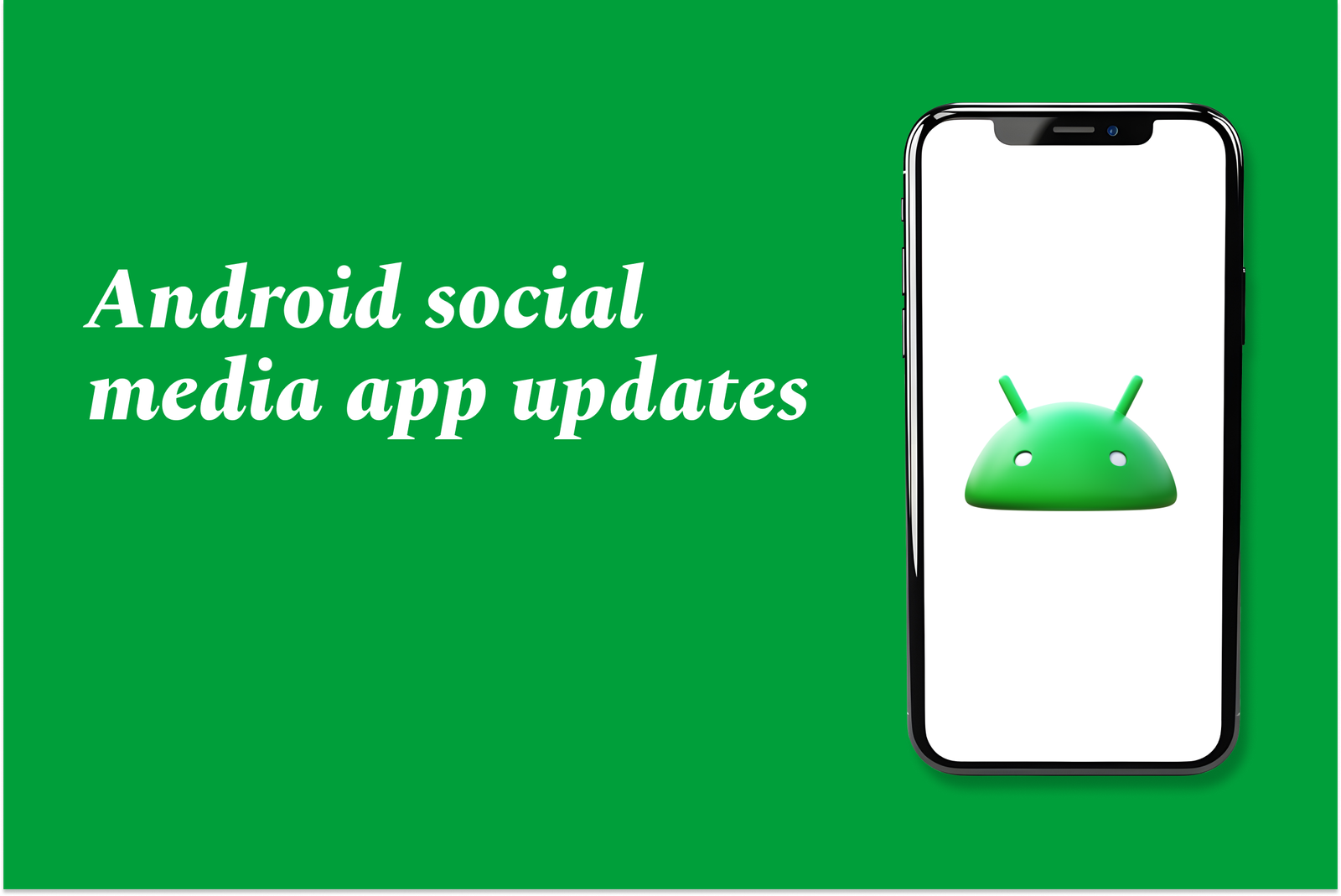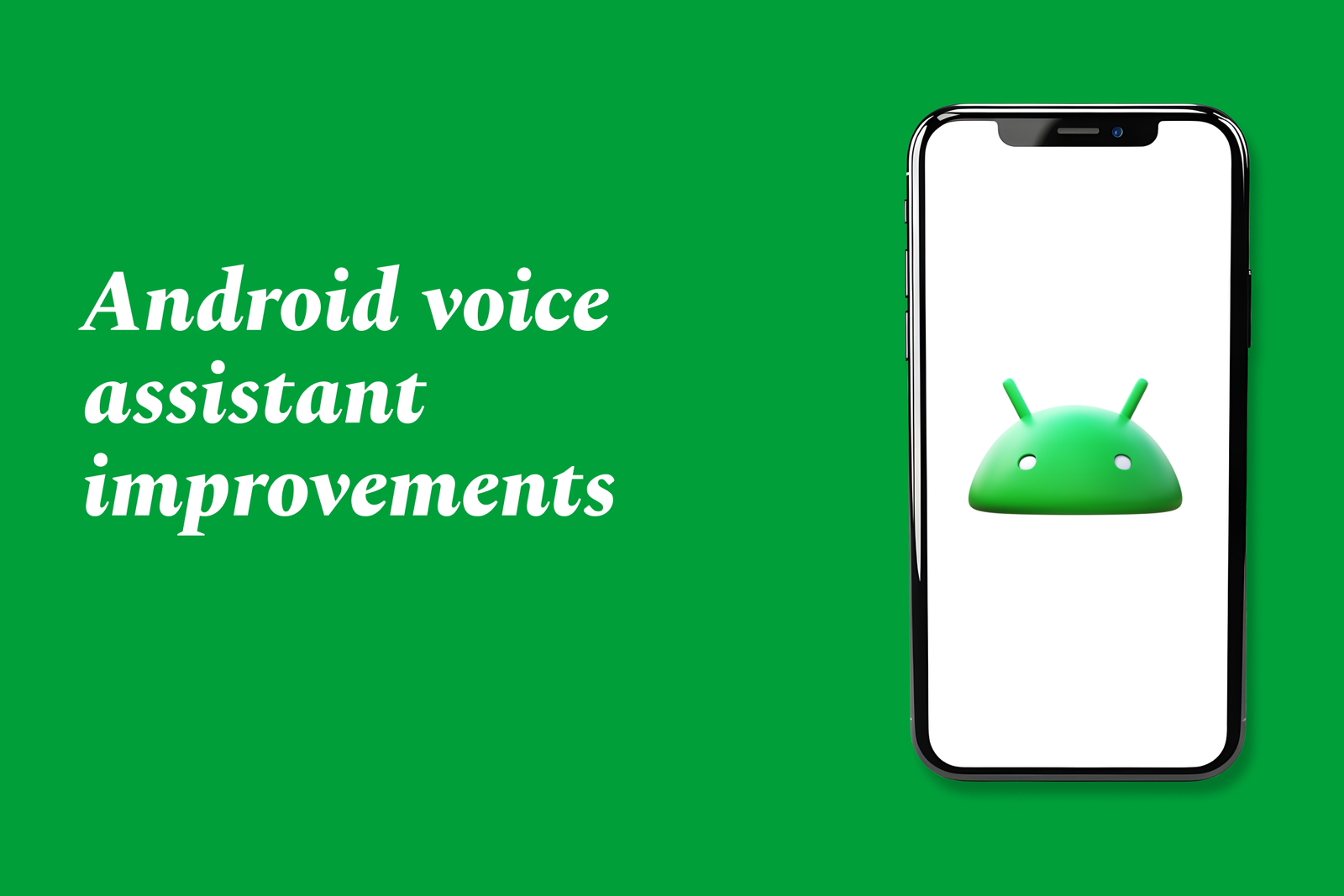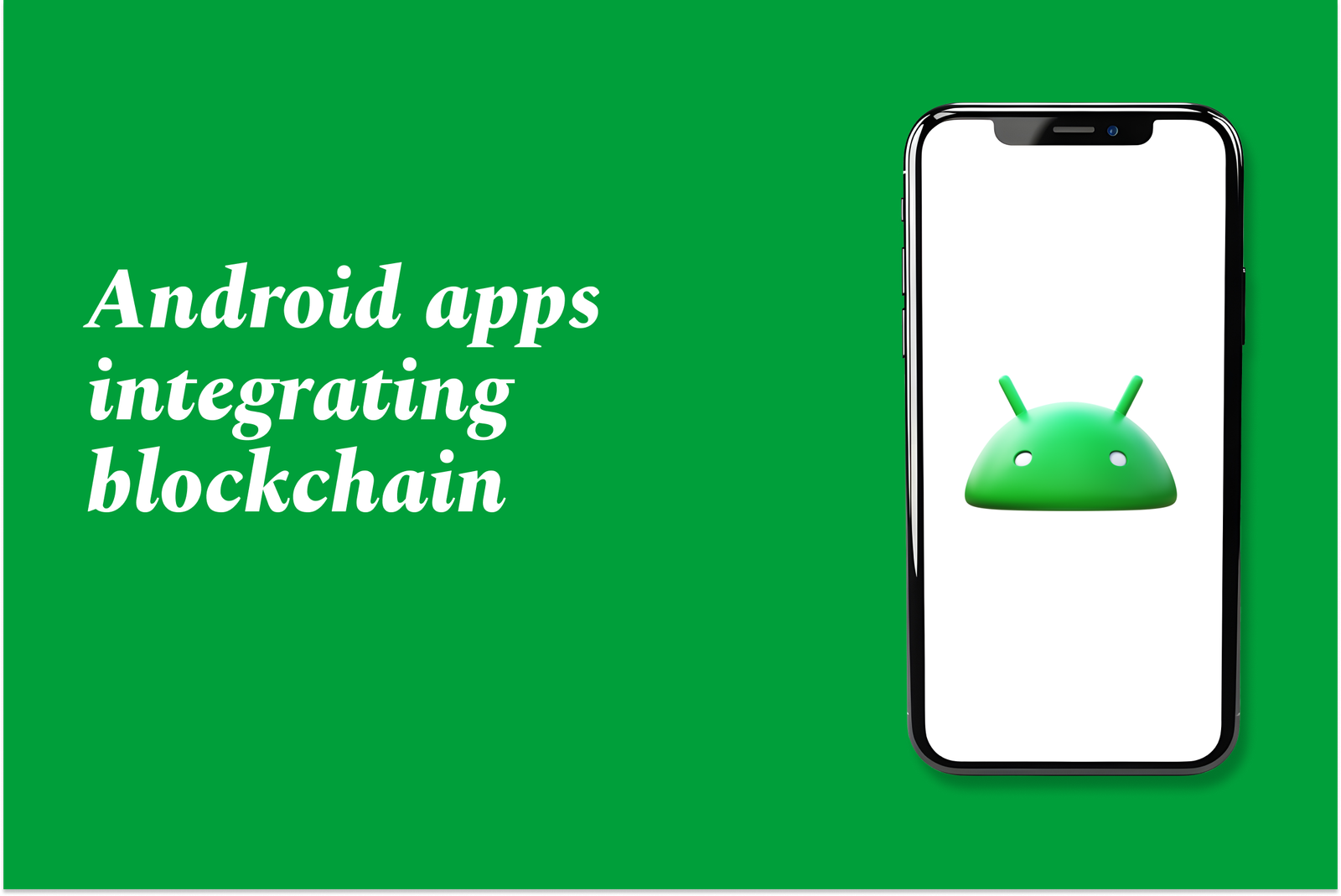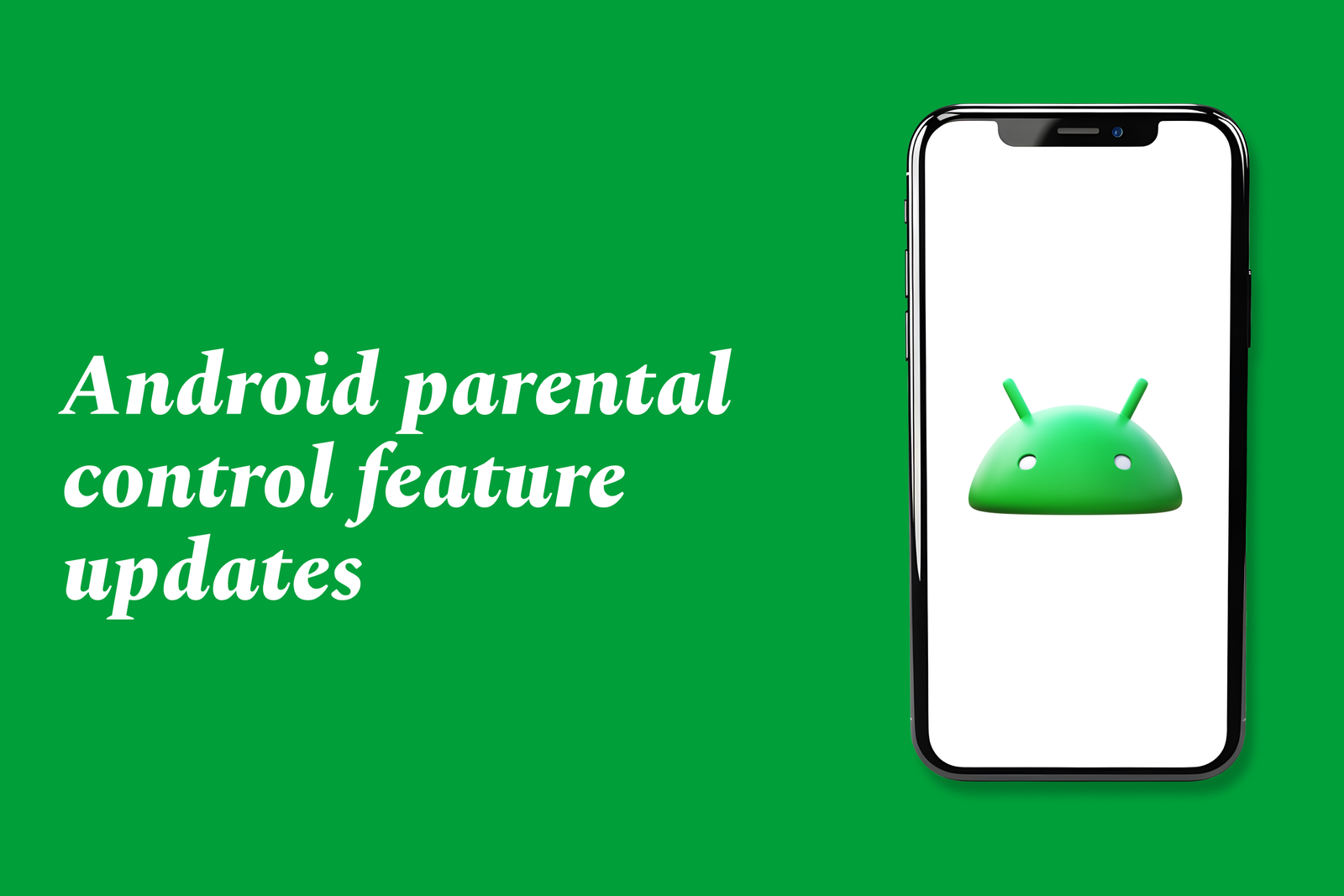Flutter Salary Trends in 2025
In 2025, Flutter developer salaries show strong growth due to rising demand for cross-platform apps. Average annual pay ranges from $40K to $120K, with senior roles earning more. Remote work and regional differences heavily influence rates and job opportunities worldwide.
Flutter salary trends in 2025
1 ) Overview of Flutter in 2025
Flutter continues to be a prominent cross platform development framework used globally for building mobile applications efficiently with a single codebase. Its growing popularity is due to its ability to reduce development time and complexity while delivering near native performance.
2 ) Average Salary and Hourly Rates
The average yearly salary for a Flutter developer working in Web3 domains is approximately $65,000.
Salaries range broadly with a minimum around $40,000 and a maximum reaching up to $120,000 annually.
The average hourly rate for Flutter developers is about $33, spanning from $20 to $62 per hour depending on expertise and location.
3 ) Job Market Demand and Competition
On average, there is around 1 new Flutter developer job posted per month, reflecting steady demand.
However, competition is high, with an average of 61 applicants per job opening, indicating a competitive market for available roles.
All recent Flutter developer jobs are reported as 100% remote, highlighting the flexibility and global nature of this tech profession.
4 ) Salary Variations by Country
Salaries for Flutter developers vary significantly across countries:
Higher averages are seen in Thailand ($200k), Georgia ($130k), Brazil ($120k), Canada and Hong Kong (around $100k).
The United States averages about $85k, with minimum and maximum salaries at $80k and $178k respectively.
Lower salary ranges appear in countries like India, Nigeria, and Poland, with average yearly salaries often below $50k.
5 ) Salary Differences by Seniority Level
Junior Flutter developers earn approximately $50,000 per year on average, with a range from $25k to $100k.
Middle level developers earn an average of $40,000, ranging from $18k to $85k.
Senior Flutter developers command higher salaries, averaging $77,000 annually, ranging between $58k and $120k.
6 ) Conclusion
Flutter remains a competitive and lucrative career option in 2025, especially with the rise of remote work and Web3 technology integration. Salary trends suggest strong earning potential, particularly for senior developers and in countries with higher market pay scales. Developers aiming to establish or advance their careers in Flutter development should consider the regional salary differences and the importance of skill level for maximizing their income.
https://justacademy.in/news-detail/flutter-native-compilation-for-web
https://justacademy.in/news-detail/building-ai-first-apps-with-flutter
https://justacademy.in/news-detail/flutter-for-voice-assistant-interfaces
https://justacademy.in/news-detail/flutter’s-new-devtools-make-debugging-easier-than-ever
https://justacademy.in/news-detail/building-3d-interfaces-in-flutter
Related Posts
Android language support updates enhance the platform by enabling modern Java 8 features like lambdas and method references within Android Studio, improving code efficiency and developer experience without needing the Jack compiler, streamlining app development and build processes.
In 2025, Android enhances privacy with stricter app permissions, improved data encryption, and advanced APIs that give users greater control over their data. System updates focus on secure media handling and transparent, developer-friendly tools to protect personal information seamlessly.
Android offline mode improvements enhance app usability by allowing users to access content and features without an internet connection. These updates enable pre-downloading data, reduce dependency on continuous connectivity, and improve user experience during travel or in low-network areas.
Google Android ecosystem partnerships unite device makers, developers, carriers, and enterprises to build a flexible, secure platform powering billions of devices worldwide. These collaborations drive innovation, expand app access, and enhance user experiences across diverse Android-powered products.
Android social media app updates enhance user experience with improved features like real-time notifications, AI-driven content discovery, expanded communities, and better multimedia support. These updates ensure smoother interactions, faster info sharing, and more personalized social networking on mobile devices.
Android health and fitness app updates focus on improved data sharing, personalized coaching, and enhanced tracking across devices. Key apps like Health Connect, Samsung Health, and Google Fit offer better privacy controls, seamless integration, and support for diverse wellness goals.
Android's multi-user feature lets multiple people have separate profiles on one device, keeping data and apps separate. Recent updates improve user switching, address bugs like Wallet issues, and optimize performance by suspending inactive profiles for smoother multitasking.
Android voice assistant improvements enhance hands-free control by integrating smarter, more natural voice commands in Android Auto and CarPlay. Upgrades include better music navigation, AI-powered icon recognition for accessibility, and solutions for seamless connectivity, boosting safety and usability.
Android apps integrating blockchain leverage decentralized technology to enhance security, transparency, and trust in transactions and data management. These apps enable secure payments, identity verification, and supply chain tracking, revolutionizing mobile experiences across industries.
Android parental control updates enhance child safety by offering real-time monitoring, app notifications sync, screen time limits, app blocking, precise GPS tracking, and location alerts, enabling parents to manage and protect their children's device usage more effectively and securely.
